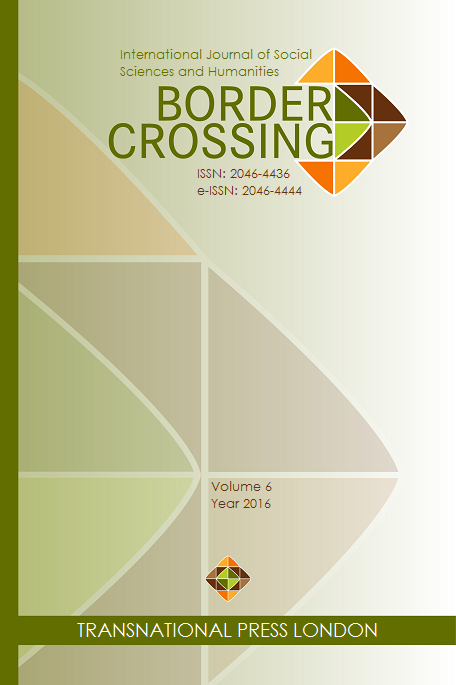Masculine Features in the Speech of Turkish Female Teenagers
Masculine Features in the Speech of Turkish Female Teenagers
Author(s): Ayten Er, Selma ElyildirimSubject(s): Social Sciences, Gender Studies, Lexis, Semantics, Finno-Ugrian studies
Published by: Transnational Press London
Keywords: gender differences: language use; lexical choice;
Summary/Abstract: Female and male speakers show differences in the use of language connected with gender. In fact, gender surrounds individuals since their birth and they are conditioned by a social construction to behave in a certain pattern. In other words, people’s beliefs, actions and desires about sexual difference give way to the differences between female and male speakers and individuals are coded about behavior and identity of a specific gender. This coding affects their language use which conforms to the gender they belong to, as well. However, recently teenage female speakers have shown the tendency of using masculine features in their speech. This study aimed to bring these features into light. In data collection two sources were used: a corpus generated from the conversations of teenage speakers and a focus group carried out with a small group of these speakers. The corpus was comprised 20 female and 15 male Turkish subjects’ conversations. The conversations took place in the same sex group as well as mixed sex group in formal contexts such as classroom, office meetings, etc. and informal contexts such as social gatherings, chatting in cafes, etc. In the analysis of the corpus data the choice of lexical items, grammatical structures and level of formality were examined. The results of the study revealed that some female speakers produce words and structures peculiar to the male speech. This study considers the findings of the study and draws some conclusions from these findings.
Journal: Border Crossing
- Issue Year: 6/2016
- Issue No: 2
- Page Range: 354-362
- Page Count: 9
- Language: English

